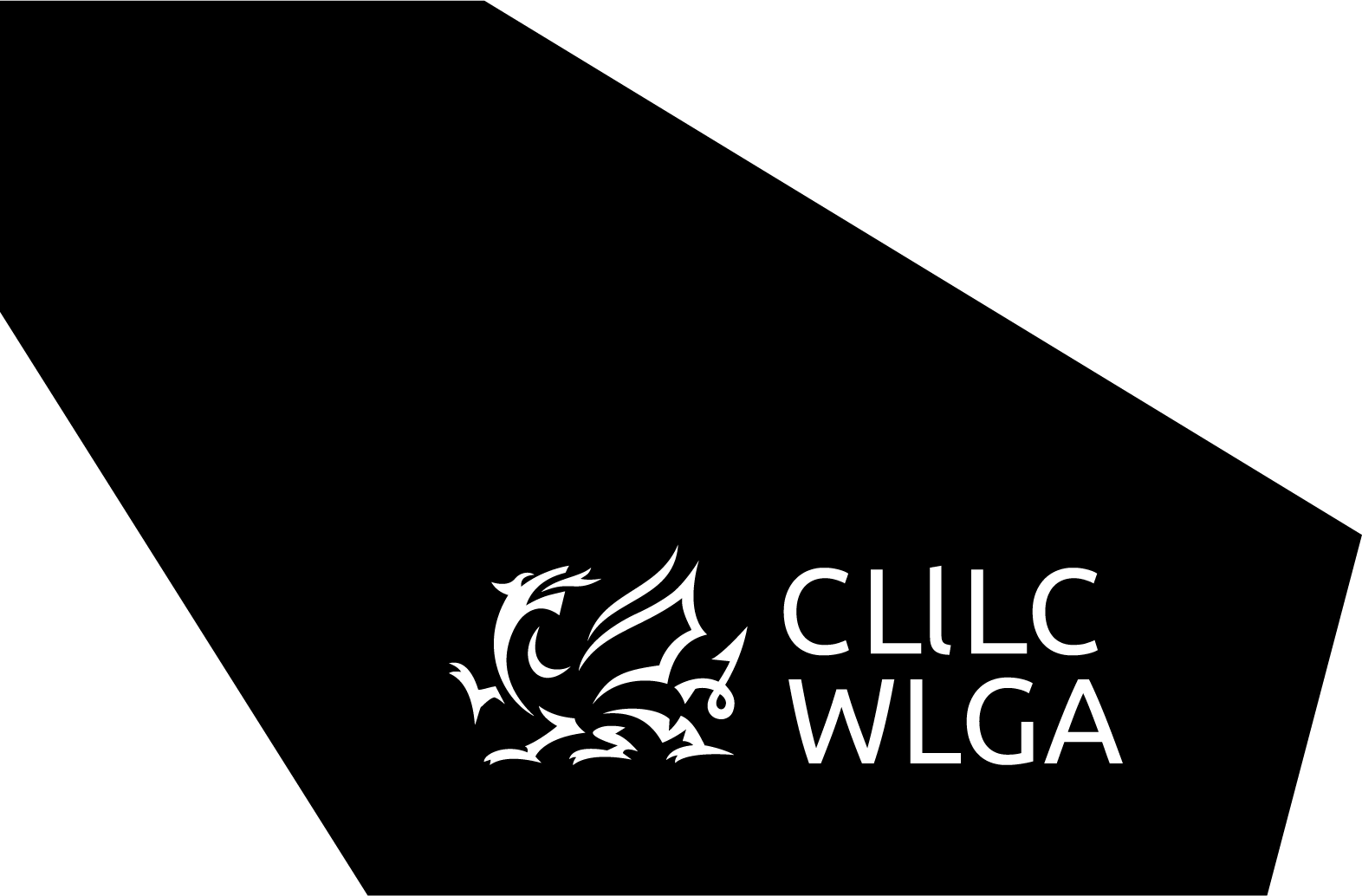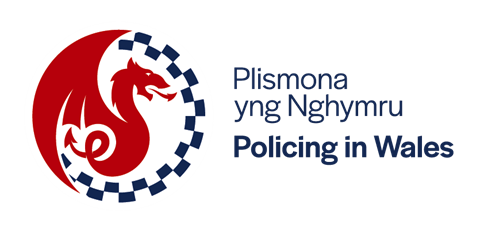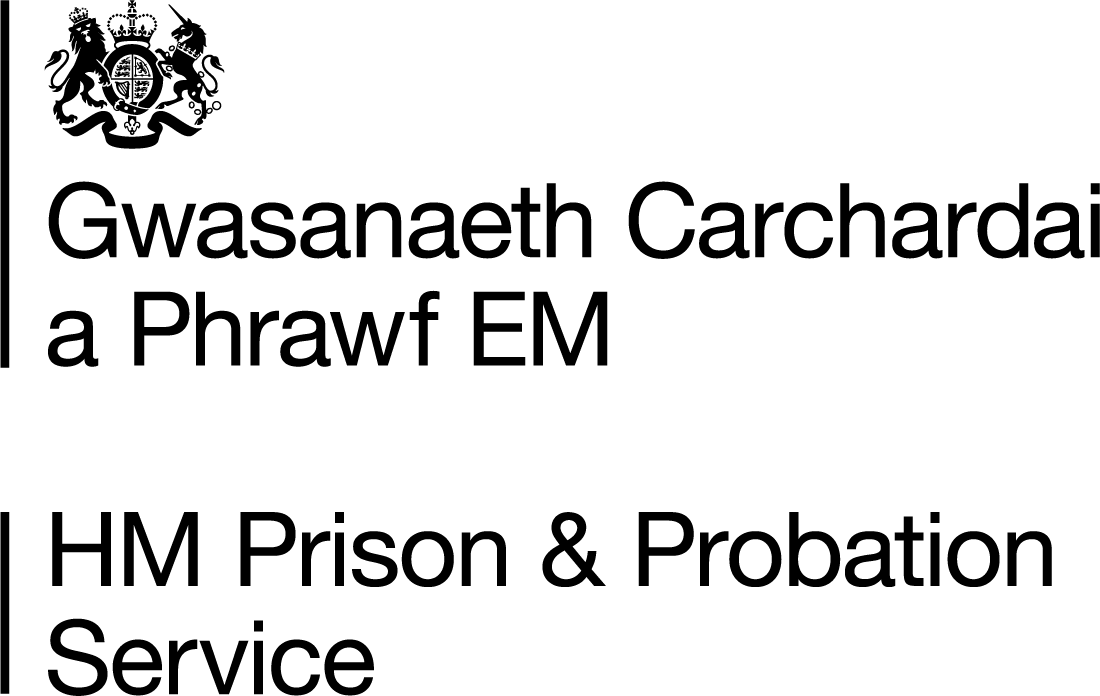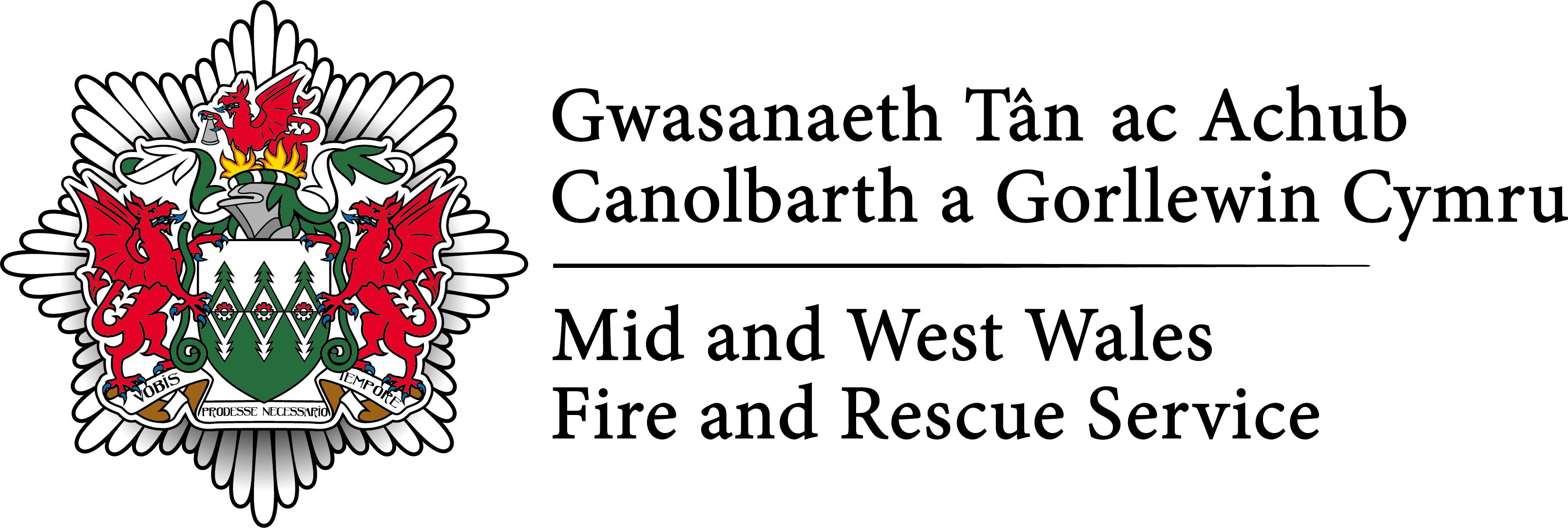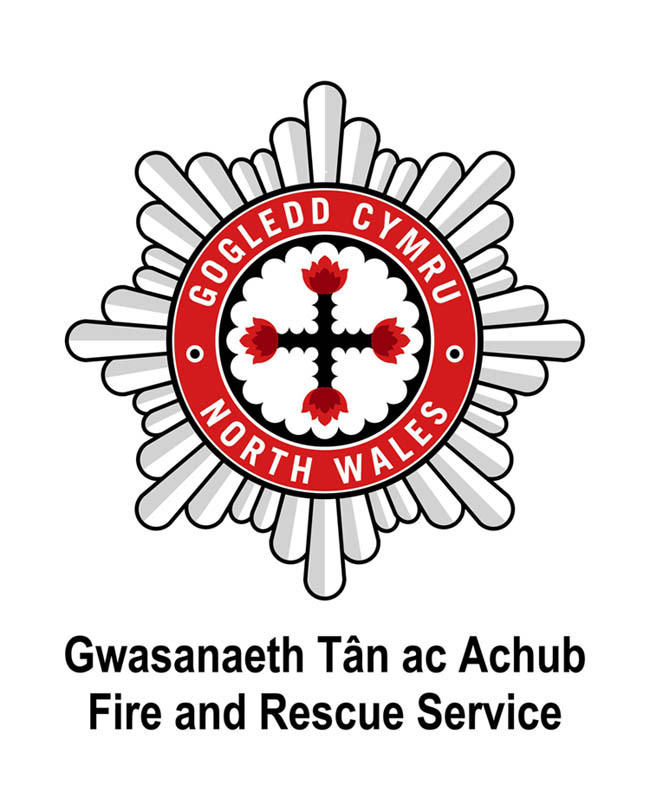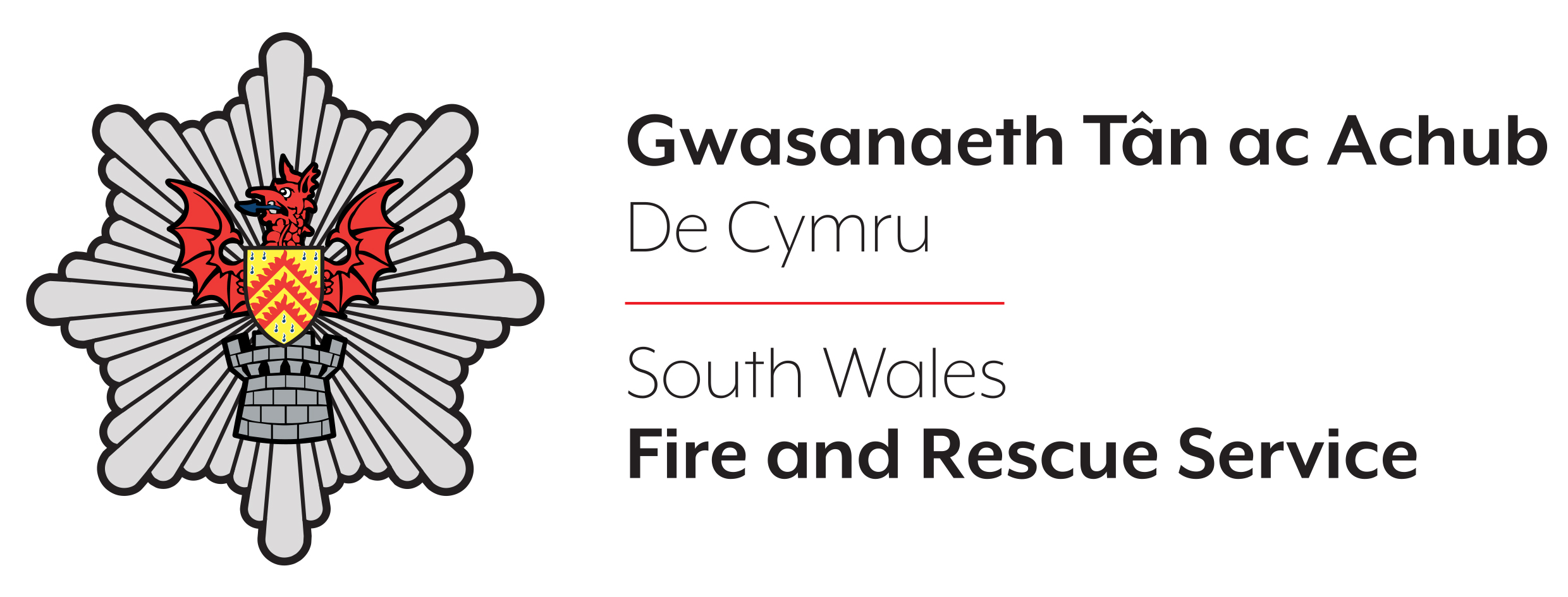- Modern Slavery Act 2015 makes it a criminal offence to hold another person in slavery or servitude or to perform forced or compulsory labour, as well as defining slavery, servitude and forced or compulsory labour. Introduced Slavery and Trafficking Prevention Orders and Risk Orders.
Introduction of Slavery and Human Trafficking Prevention and Risk Orders
- A Slavery and Trafficking Protection Order (STPO) can only be made if a defendant has been convicted of a trafficking or slavery offence and the court is satisfied that there is a risk they may commit further offences and it is necessary to protect others from harm, a breach is punishable with up to five years imprisonment.
- Slavery and Trafficking Risk Orders (STRO) can be made without a conviction but is deemed to pose a risk of harm and it is necessary to protect others. A breach is also punishable with up to five years imprisonment.








